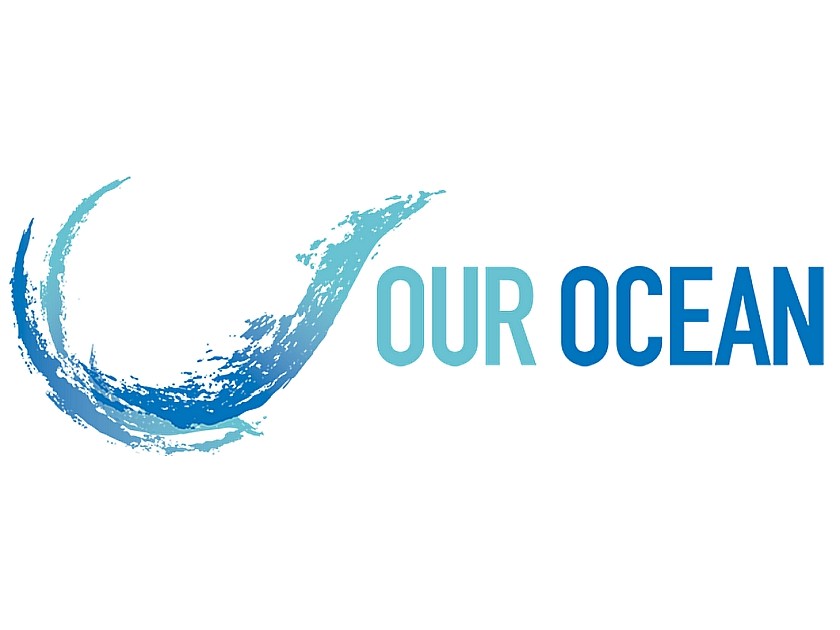Our Ocean Conference

Our Ocean Conference
Our Ocean conference was first organized in 2014 in the United States with the aim of providing a forum for governments, international organizations, private institutions, and civil society organizations of many countries to fulfill their purpose and their plan for the protection and conservation of natural resources. The country's leaders and ministerial representatives will be honored to make a statement of intent and commitment at the conference.
The leaders of the Ministry of Agriculture and Cooperatives and the Department of Fisheries have consistently attended the conference and represented Thailand's commitment to ensuring the sustainable and efficient use of aquatic animal resources. In addition, Thailand is also raising stakeholders' awareness of the importance of ocean restoration and conservation through many activities such as combating IUU fishing, promoting community participation in fisheries management, reducing marine debris upon fishing vessels’ cooperation, and implementing the Fisheries Improvement Project (FIP) for the Thai waters.
The Department of Fisheries cannot participate in the 7th Our Ocean Conference held in the Republic of Palau due to the COVID-19 pandemic, however, expressing its commitment to the Our Ocean Conference Platform (OOC Platform): a platform for tracking and updating the progress of commitments made as follows:
Sustainable Blue Economy: Thai waters' marine resources are restored through management based on a scientific reference point, with Catch Per Unit of Effort (CPUE) as an abundance indicator and a catch increase of no less than 2 percent as sustainable use of resources indicator, with the catch rate in Thai waters in 2021 being 43.52 kg/hour as a reference.
Sustainable Fisheries: The Department of Fisheries is launching a research project addressing fishing gear that harms dugongs in order to reduce deaths caused by entanglement in fishing gear. Artisanal fishing grounds and gear including information on dugongs and their livelihoods in the target area are surveyed, and gears that may affect dugongs in the target areas are assessed. Discussions are held with artisanal fishers and relevant authorities to raise awareness of the importance of fishing activities that may harm dugongs and to help them understand the importance of conserving aquatic animal resources and endangered marine species. Manatee habitats will be protected and guidelines or agreements on operating fishing that reduce the impact on dugongs in the target area must be developed over a period of at least 1 area per year.


